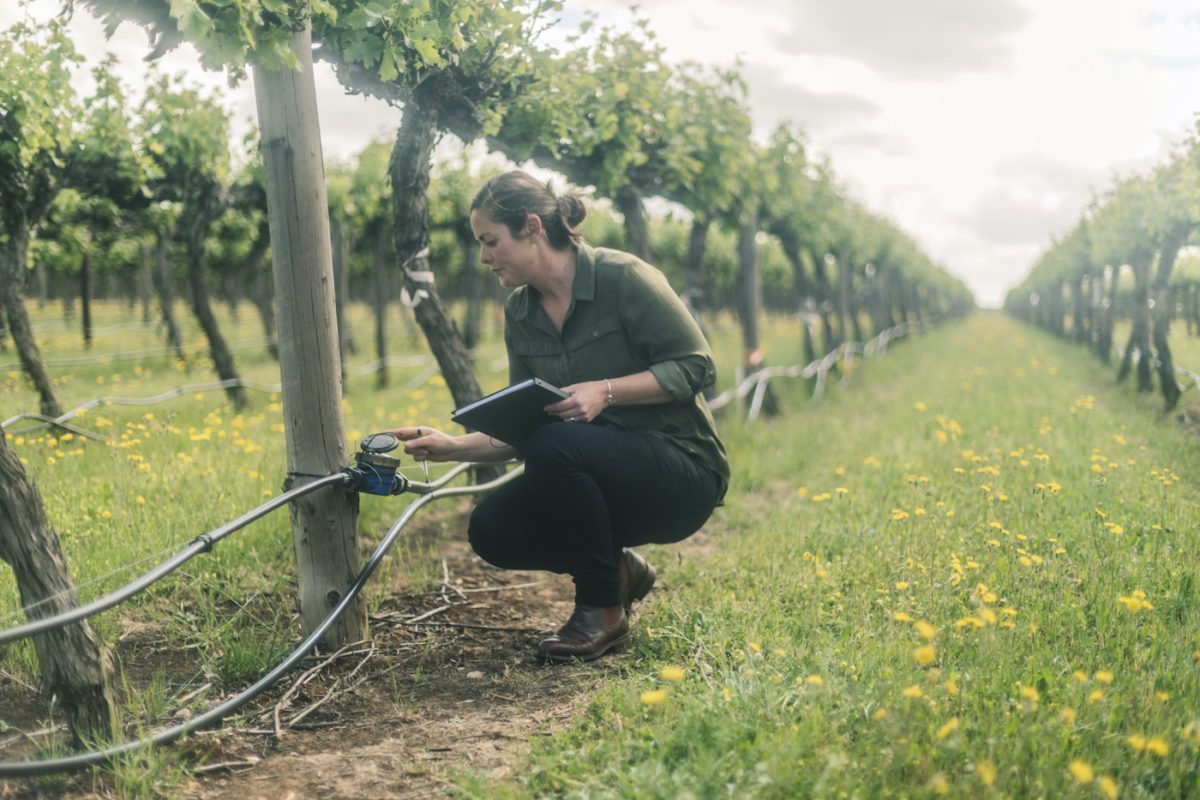Purchasing sustainable wine is “vitally important” to the majority of Australians, according to a new report released by Sustainable Winegrowing Australia (SWA).
Sixty-seven percent of those surveyed confirmed they want to purchase only sustainably made wine.
Fifty-four percent of global wine drinkers indicated they only trust sustainable wine that is officially certified.
“Sustainable winemaking is a wholistic approach that considers the environmental, social and economic aspects of a business including, but not limited to, the health and biodiversity of the vineyard, water usage, plastic usage and the overall carbon footprint of the grapegrowing, winemaking and transport process,” says Rachel Triggs, Wine Australia’s head of ESG and market access.
“Sustainable production practices are key to the future of the Australian wine industry as we work to protect our planet and our vines but also remain competitive within the international and domestic markets.”
Sustainable wines can be identified at purchase by the SWA trustmark which is now displayed on bottles across the nation.
SWA urges consumers to look for this trustmark at point of purchase and to encourage their local retailers to stock sustainably made wines as the demand increases.
The report highlights how members are leading the industry to achieve its 2050 net zero carbon emissions and waste targets.
Water
91 percent of vineyards and 84 percent of wineries have taken action to plan, monitor and reduce water use to preserve water and future-proof against drought.
Biodiversity
74 percent of vineyards and 66 percent of wineries have taken action to preserve natural resources and protect valuable Australian ecosystems.
Land and soil
65 percent of vineyard members are documenting nutrient soil management processes, and 50 percent have best practice measures in place to ensure robust microbial networks that support grapevine productivity but also store more carbon, an important piece of the climate puzzle.
People and business
86 percent of vineyards and 94 percent of wineries engage in at least one community or environmental initiative, building better connections between wine producers and their communities to further strengthen the industry for future generations.
Related content
